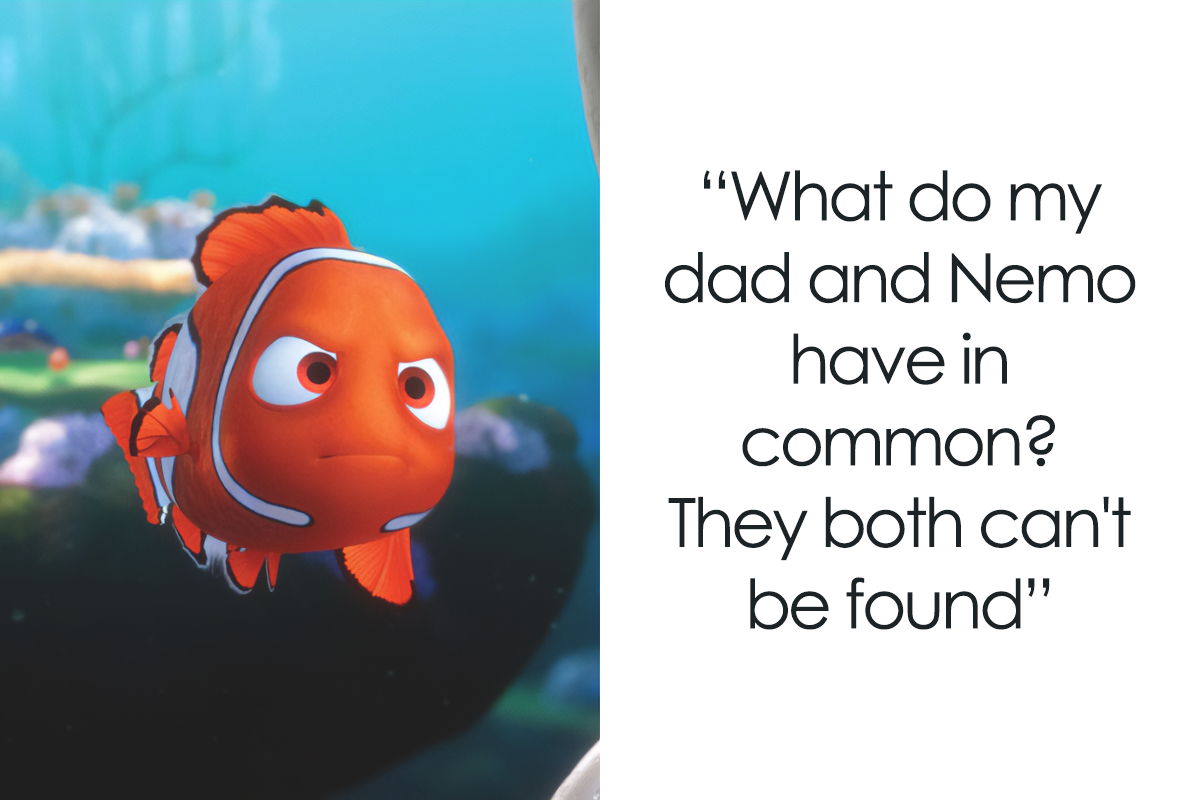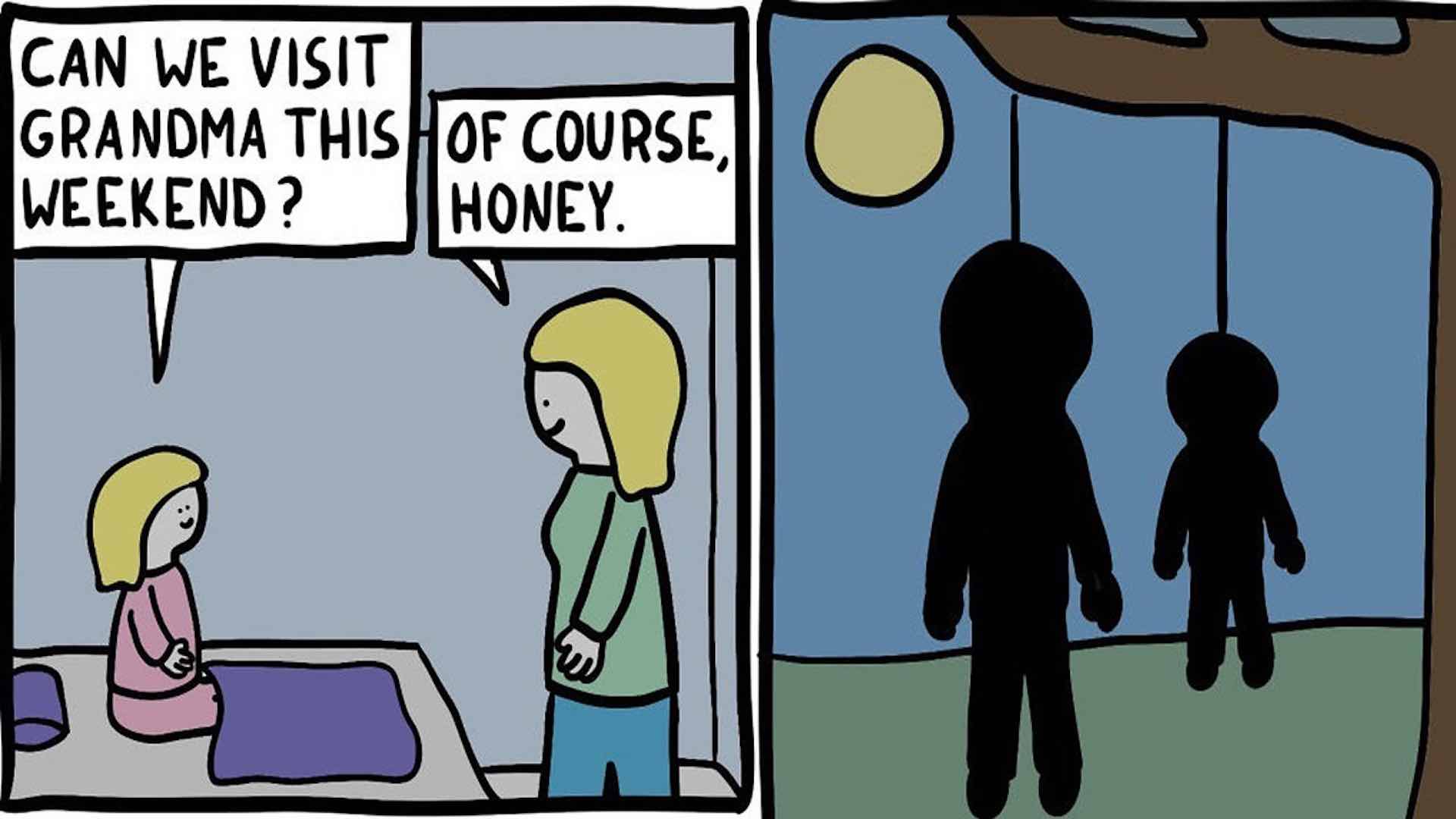Dark humor, often considered a controversial form of comedy, plays with sensitive subjects and taboo topics. This unique genre challenges societal norms, pushing boundaries while eliciting laughter. As we delve deeper into the essence of what is dark humor, we uncover its roots, its appeal, and the reasons behind its acceptance in certain circles. The juxtaposition of laughter and discomfort creates a complex emotional experience that resonates with many. It offers a way to confront life's harsh realities, providing an outlet for coping with the absurdity of existence. However, its divisive nature raises important questions about context, intent, and audience.
In a world where political correctness often dictates the boundaries of comedy, dark humor stands out as a bold statement. While some find solace and camaraderie within its punchlines, others may feel alienated or offended. This dichotomy prompts us to consider: what is dark humor, and why does it resonate with some individuals while repelling others? By examining its characteristics and examining its role in modern society, we can gain a deeper understanding of this enigmatic form of entertainment.
As we embark on this journey to unravel the complexities of dark humor, we will explore its historical roots, examine its most notable practitioners, and analyze its impact on culture and society. Through this exploration, we aim to shed light on the question: what is dark humor, and what makes it so compelling?
Read also:Legend Of Arya Stark The Stark Reality Of Strength And Resilience
What are the Origins of Dark Humor?
Dark humor has its roots in various literary traditions and cultural practices. From ancient plays that tackled existential themes to modern literature that embraces the absurd, the foundation of dark humor is rich and varied. The concept of using humor to confront death, suffering, and tragedy is not new; it has been a staple of human expression for centuries.
- In literature, authors like Edgar Allan Poe and Mark Twain employed dark humor to address serious themes, illustrating the human condition through wit.
- In the realm of theater, the absurdist plays of Samuel Beckett often highlighted the futility of existence, using humor as a coping mechanism.
- Modern comedians have embraced dark humor, pushing boundaries to create laughter in the face of adversity.
How Does Dark Humor Differ from Other Forms of Comedy?
While humor can take many forms, dark humor sets itself apart through its focus on taboo subjects and morbid themes. Unlike light-hearted comedy that seeks to entertain through silliness or slapstick, dark humor often delves into the uncomfortable aspects of human life.
What Are the Common Themes in Dark Humor?
Dark humor often revolves around themes such as:
- Death and mortality
- Tragedy and suffering
- Illness and disability
- Social taboos and stigmas
These themes may elicit laughter, but they also prompt reflection on the darker aspects of existence. This duality is what makes dark humor so compelling, as it allows individuals to confront their fears with a sense of levity.
Who are the Pioneers of Dark Humor?
Several notable figures in comedy and literature have embraced dark humor, leaving a lasting impact on the genre. Their unique styles and perspectives have shaped the way audiences perceive and engage with this form of comedy.
| Name | Profession | Notable Works |
|---|---|---|
| George Carlin | Comedian | "The Seven Words You Can Never Say on Television" |
| David Foster Wallace | Author | "Infinite Jest" |
| Louis C.K. | Comedian/Writer | "Louie" |
| Tina Fey | Writer/Actress | "30 Rock" |
What Role Does Dark Humor Play in Coping Mechanisms?
Dark humor serves as a powerful coping mechanism for many individuals. By laughing at the things that scare us or make us uncomfortable, we can reclaim a sense of control. This form of humor allows people to process difficult emotions, providing a sense of relief in the face of adversity.
Read also:Insights Into Textron Aviation The Pinnacle Of Aircraft Innovation
Psychologists have noted that dark humor can facilitate discussions about sensitive topics, making them more palatable. It can foster connection among individuals who share similar experiences, creating a safe space for dialogue.
When Can Dark Humor Be Harmful?
Despite its potential benefits, dark humor can also be harmful or offensive, depending on the context and delivery. Factors that contribute to the negative impact of dark humor include:
- Inappropriate timing or setting
- Lack of sensitivity to the audience's experiences
- Reinforcement of harmful stereotypes
Understanding the delicate balance between humor and respect is essential for navigating the world of dark comedy.
What is Dark Humor's Impact on Society?
Dark humor has a significant impact on society, influencing cultural conversations and shaping our perceptions of taboo subjects. It often serves as a reflection of societal attitudes towards difficult topics, challenging norms and sparking dialogue.
In recent years, the rise of social media has amplified the reach of dark humor, allowing it to permeate various aspects of culture. Memes, stand-up specials, and online content have introduced dark humor to wider audiences, prompting discussions about boundaries and ethics in comedy.
Can Dark Humor Help Address Social Issues?
Many advocates argue that dark humor can be a tool for social change. By addressing sensitive issues through comedy, it can open up conversations about topics that are often stigmatized. This approach can lead to greater awareness and understanding, fostering empathy among individuals.
However, the effectiveness of dark humor as a tool for social change depends on the context and the audience's receptiveness. It is crucial to approach such topics with care, ensuring that humor does not undermine the seriousness of the issues at hand.
How Can One Appreciate Dark Humor Responsibly?
For those interested in exploring dark humor, it is essential to do so responsibly. Here are some tips for appreciating dark humor without crossing boundaries:
- Be aware of your audience: Understand who you're sharing humor with and their potential sensitivities.
- Consider the context: Timing and setting matter; ensure that the environment is appropriate for dark humor.
- Reflect on intent: Be mindful of why you're sharing a particular joke and its implications.
By approaching dark humor with sensitivity and awareness, individuals can enjoy its complexities while respecting the experiences of others.
Conclusion: What is Dark Humor and Its Role in Our Lives?
Dark humor is a multifaceted genre that invites individuals to confront uncomfortable truths through laughter. It has the power to connect, heal, and challenge societal norms, all while walking a fine line between humor and insensitivity. As we navigate the complexities of dark humor, understanding its origins, themes, and impact becomes essential to fully appreciate its role in our lives.
Ultimately, the question remains: what is dark humor, and how can we engage with it responsibly? By fostering open discussions and promoting empathy, we can celebrate the unique aspects of dark humor while recognizing its potential to provoke thought and ignite change.


